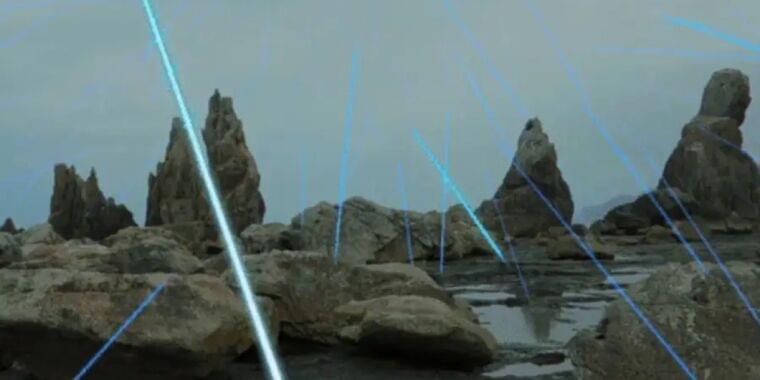GPS is now a mainstay of daily life, helping us with navigation, tracking, mapping, and timing across a broad spectrum of applications. But it does have a few shortcomings, most notably not being able to pass through buildings, rocks, or water. That’s why Japanese researchers have developed an alternative wireless navigation system that relies on cosmic rays, or muons, instead of radio waves, according to a new paper published in the journal iScience. The team has conducted its first successful test, and the system could one day be used by search and rescue teams, for example, to guide robots underwater or to help autonomous vehicles navigate underground.
“Cosmic-ray muons fall equally across the Earth and always travel at the same speed regardless of what matter they traverse, penetrating even kilometers of rock,” said co-author Hiroyuki Tanaka of Muographix at the University of Tokyo in Japan. “Now, by using muons, we have developed a new kind of GPS, which we have called the muometric positioning system (muPS), which works underground, indoors and underwater.”










Comments are closed.